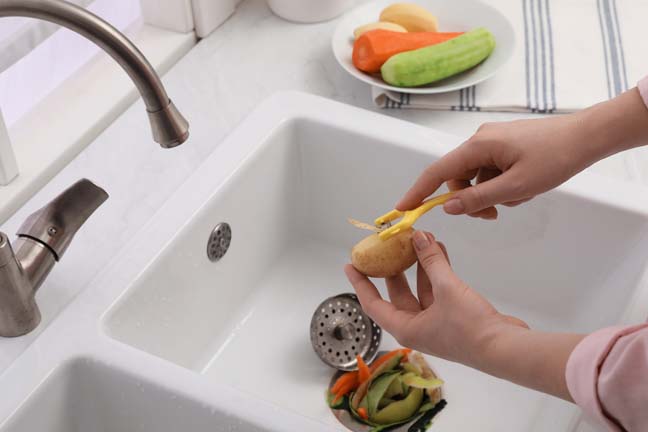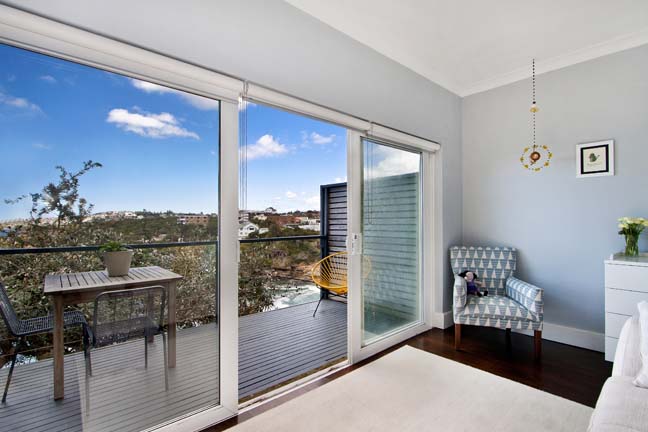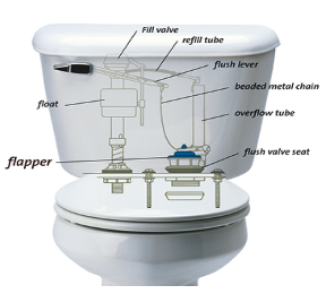Main reported problem: Clogging
The problem is mostly due to improper disposal of items such as paper towels, towels, diapers, bags, flowers stems, women sanitary items, fruits seeds, cell phones, wires, etc. etc.
The problem is in many condos Associations solved at no cost to the owners if the unit is in the first floor by sneaking of the toilet by a Certified, insured plumber. In other minor the clogging is resolved by plunging the toilette. Many owners use chemicals to dissolve the solids, but this is no recommended in view of the damages these chemicals produce in the pipes, potentially creating a greater problem if the pipes collapse.



